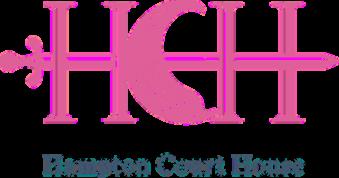

Year 1 Curriculum Overview
Autumn Term and Year Summary 2024




Year 1 Curriculum Overview Autumn Term 2024



Year 1 Curriculum Overview
Autumn Term and Year Summary 2024




Year 1 Curriculum Overview Autumn Term 2024
Hampton Court House Prep is about providing an educational experience centred around the child with bespoke approaches for every individual. Whether in classroom settings, extra-curricular activities or charity work, we teach the children to be well-rounded and caring and to contribute to all aspects of school life. Our day-to-day curriculum is one of the foundations of this approach. Lessons are designed to be interesting, engaging, supportive and challenging so that all children feel able to do their best. Teachers will always enable children to contribute fully to lessons, learn and demonstrate new knowledge, skills and ideas, and to shape their voice as part of a dynamic, but homely, community.
At Hampton Court House, our Years 1 – 6 curriculum is designed with the holistic development of each child in mind. We aim to cultivate a love for learning, curiosity, and confidence in our students. Central to our intent is the bilingual programme for Years 1 – 4, where approximately 50% of the curriculum is delivered in French. This unique approach not only enhances language skills but also broadens cultural understanding and cognitive flexibility. Our goal is to support every child’s intellectual, social, and emotional growth through a rich and balanced curriculum where mistakes are accepted, and questions welcomed.
Our curriculum is implemented with a focus on creating an inclusive, engaging, and supportive learning environment with a sense of fun. For Years 1 – 4, the bilingual programme integrates French into everyday learning, covering subjects such as humanities, science, sport and the arts in both English and French. This immersive approach helps students develop proficiency in both languages naturally and enjoyably, with in class support used to ensure all children are able to understand and access the curriculum. Lessons are structured to build on previous knowledge, ensuring a smooth progression. Within years 5 and 6 more specialist teachers are used to deliver the curriculum which allows for the development of skills necessary to start their secondary education in year 7. We employ a variety of teaching methods, including individual tasks, group work, and hands-on activities, to cater to different learning styles. Continuous assessment practices allow us to monitor each child's progress closely and provide personalised support as needed.
Impact
The impact of our carefully crafted curriculum is seen in the enthusiasm and active participation of our students. They develop strong foundation skills in literacy, numeracy, and science, along with the ability to think critically and solve problems. The bilingual programme enhances their language skills and cultural awareness, giving them a broader perspective and improved cognitive abilities. Our students also grow in confidence, independence, and social skills. Regular assessments demonstrate enhanced academic progress and personal development, ensuring that students are well-prepared for the next stage of their education with a lifelong love of learning and a unique bilingual advantage.
Key contacts
Susie Byers Head of Prep sby@hchnet.co.uk
Eldon Fayers
Assistant Principal | Teaching & Learning efa@hchnet.co.uk
Nick
Edwards Assistant Principal | Data & Assessment ned@hchnet.co.uk
Paul Pearce Deputy
Head | Operations & Academic pgp@hchnet.co.uk
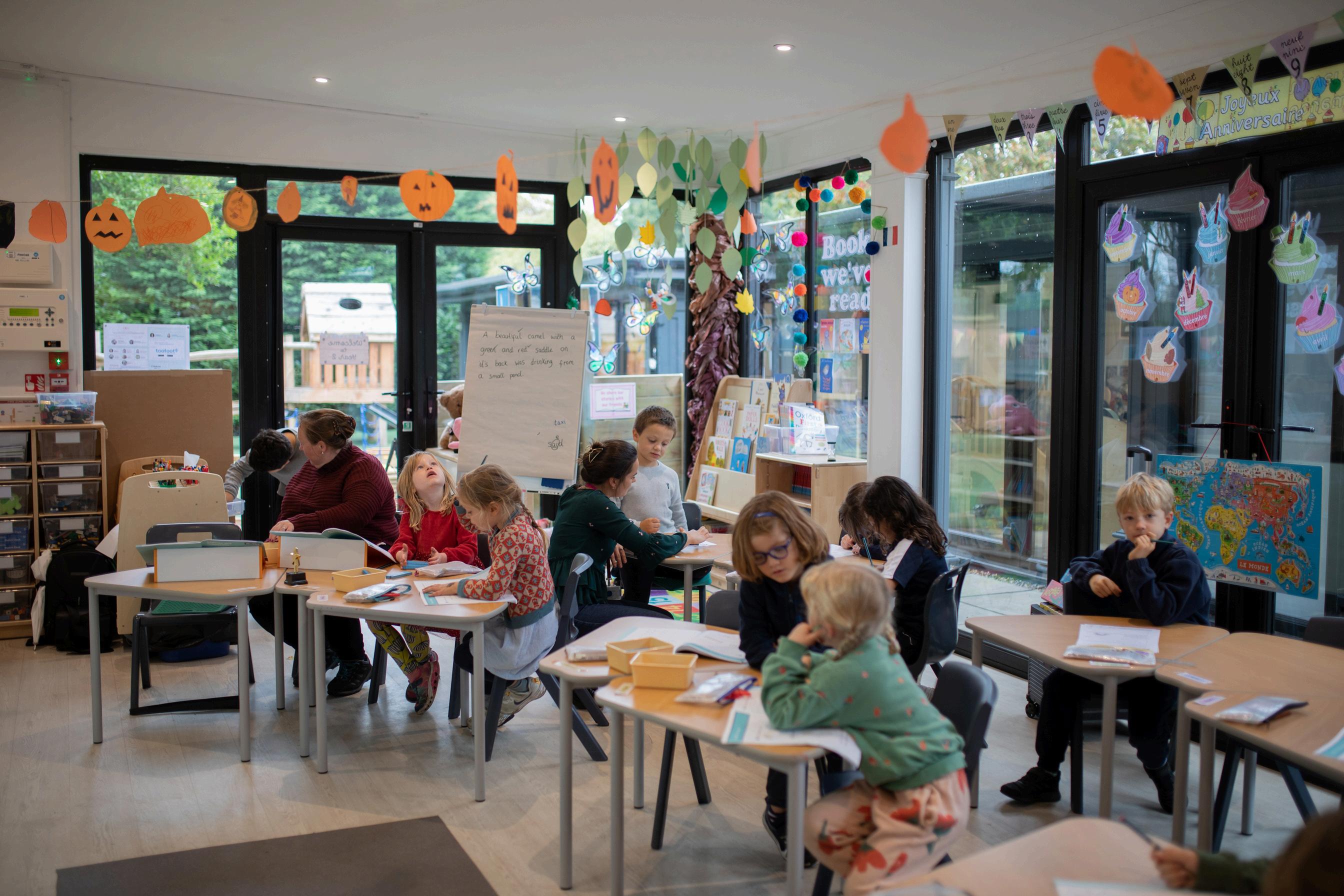

Year 1 students will be producing an art calendar this term Learning about the background of twelve different artists, pupils will study twelve individual pieces of work and make a creative response, one for each month of the year.
This introduces a knowledge of art history to pupils in addition to developing their observation and drawing skills, ideas about colour theory, scissor skills and collage techniques
Term
Autumn 1
Autumn 2
Spring 1
Spring 2
Summer 1
Summer 2
What are we studying?
Art Calendar: Making art inspired by artists Yayoi Kusama, L S Lowry, Henri Matisse, Barbara Hepworth, Eileen Agar
Art calendar: Making art inspired by artists Mary Fedden, David Hockney, Peter Blake, Howard Hodgkin, Andy Goldsworthy
Solar System: Using a variety of different techniques and materials, pupils will create patterned and textured papers with which to represent the planets on an outer space collage
Clay: Taking inspiration from the work of Clarice Cliff, pupils will learn to master the pinch pot technique to create colourfully decorated pots which will be fired in the kiln
Sewing project: Taking inspiration from textile designer Donna Wilson, pupils will design and stitch a hand puppet This project aims to develop fine motor skills and introduces pupils to the properties of fabric and how to master a basic running stitch
Drawing: Studying the work of children’s book illustrators, pupils will learn about storytelling through art Pupils will revisit the techniques they have learnt to date, to develop and improve drawing skills and make art in response to that of illustrators such as John Burningham, Brian Wildsmith, Satoshi Kitamura and John Klassen

DDM is split into discrete subjects in order to cover a wide range of knowledge across humanities and sciences. Whilst it is an interlinked curriculum, we ensure that the essential foundation of knowledge needed for the later years of prep in each subject and senior are covered.
We will learn about the four seasons and their changes, including the length of the day throughout the year. We will also explore different materials like glass, plastic, metal, wood, paper, brick, and rock, and describe their properties using vocabulary such as stretchy, stiff, hard, soft, shiny, dull, bendy, inflexible, rough, smooth, absorbent, unabsorbent, waterproof, and permeable. Through hands-on activities and discussions, we will deepen our understanding of these concepts and develop scientific inquiry skills.
In Year 1 this term, we will learn about changes within living memory and their impact on our lives. We will explore the chronological order of recent personal events and compare our childhood experiences with those of our parents and grandparents. We will also identify old and new objects, and learn about significant historical events, places, and people in our local history. This will help us understand how the lives of others in the past have contributed to our present-day advancements and improvements.
We will focus on the geography of the United Kingdom. We will learn about the four countries and their capital cities, identifying their characteristics. Additionally, we will study seasonal and daily weather patterns in the UK and gain an understanding of global temperature variations in relation to the North and South Poles and the Equator. This knowledge will deepen our understanding of our local environment and the wider world.

Term
Autumn 1
Autumn 2
Spring 1
Spring 2
Summer 1
Summer 2
Orientate themselves in the school area thanks to photographs, drawings, and maps.
Understand the reasons for extreme climates in cold and hot deserts, (link climates and landscapes).
Understand the days of the week, months, seasons and weather.
Compare Past, Present and Future by considering evolution through lifestyle and education. Explore how visual representations of places inform our understanding of them - identify a familiar place out of familiar surroundings.
Name the parts of the body and understand their functioning.
Understand and be aware the importance of having good oral hygiene habits, a well-balanced diet and practising regular sporting activities, (take care of one’s own body and treat it with respect).
Discover the Earth and its representations (globe, planisphere, maps).
Discovery of The United Kingdom and its countries.
Identify and name a variety of common wild and garden plants, including deciduous and evergreen trees.
Identifying the plants and predicting what they will turn into when they are fully grown.
Significant historical events, people, and places in their own locality: St Patrick’s day and St George’s day.
Situate countries on a map.
To recognise their flags, to know their capital cities and some important monument/information.
Use the prepositions of space properly.
Compare and group together a variety of everyday materials based on their simple physical properties.
Study historical events that are significant nationally or globally
Describe cities, towns, and villages.
Compare urban and rural spaces by talking about advantage and inconvenient and use basic geographical vocabulary.
Find out about and describe the basic needs of animals, including humans, for survival.
Understand the development of a duckling in an egg and then how a duckling grows into a duck.
Significant historical events, people, and places in their own locality/ globally.
Sustainability with links to exploitation of resources in the beach.
Taking of the environment, recycling, reduce and re-use.
Describe how animals obtain their food from plants and other animals, using the idea of a simple food chain, and identify and name different sources of food.
Be able to categorise specimens according to their features (Herbivore, Omnivore, Carnivore).


In Y1 and 2 we use the ‘Read Write Inc.’ phonics programme. It is a DfE-validated systematic synthetic phonics programme for teaching early reading and writing, designed to ensure progress for every child. Children move through the course according to their own individual progress. Most children will have completed the course half-way through Y2. Those pupils will then explore other aspects of reading and writing to consolidate their skills. Those pupils who need a little more time will continue on the programme to ensure they make the desired progress to ensure all pupils are ready for Y3.
We make sure that Read Write Inc. teachers inject their lessons with energy and enjoyment, from teaching the first sounds to developing fluency and comprehension and engaging children in the best stories that reflect all children’s lives. Children learn to read sounds and blend them into words. They apply this phonic knowledge to read and comprehend Storybooks that are carefully matched to the sounds they know. Children learn to read these books with a storyteller’s voice supporting development of prosody (stress and intonation) and expressive communication skills. The aim of Read Write Inc. Phonics is for children to learn to read early. By the end of term 2 in Year 2 children should be able to read stories at over 70 words per minute.
They also learn how to form letters using mnemonics to help them. They learn to spell correctly using their Fred fingers. And they learn to compose their own writing - drawing upon ideas from the story they’ve just read.
Everything knits together: The phonics supports the reading and writing; The reading supports the writing, the writing supports the reading. While your children are learning to read, they work in progress groups to master each level of phonics and reading. The reading leader assesses and re-groups children every half-term. This allows you to whisk children through the phonic stages as quickly as possible. Children work in these progress group for one hour each day. This means they are learning at their ‘challenge’ level for five hours a week.
The children progress through colours which identify a different level of phonics knowledge and reading stage.
Children who have started the curriculum in September in Reception should have completed all levels by the time they finish year 2.
One-to-one tutoring
Even with the best teaching and the best programme, there are some children who need extra practice to keep up. We accelerate the progress of these children with 10 minutes one-to-one tutoring every day. However long it takes, we don't give up!
Read Write Inc. provides everything parents need to help their children practise reading at home. Each week, children take home their Read Write Inc. Storybook and corresponding Book Bag Book. Virtual Classroom videos are sometimes sent home during holidays to help with motivation and to continue the momentum build up.
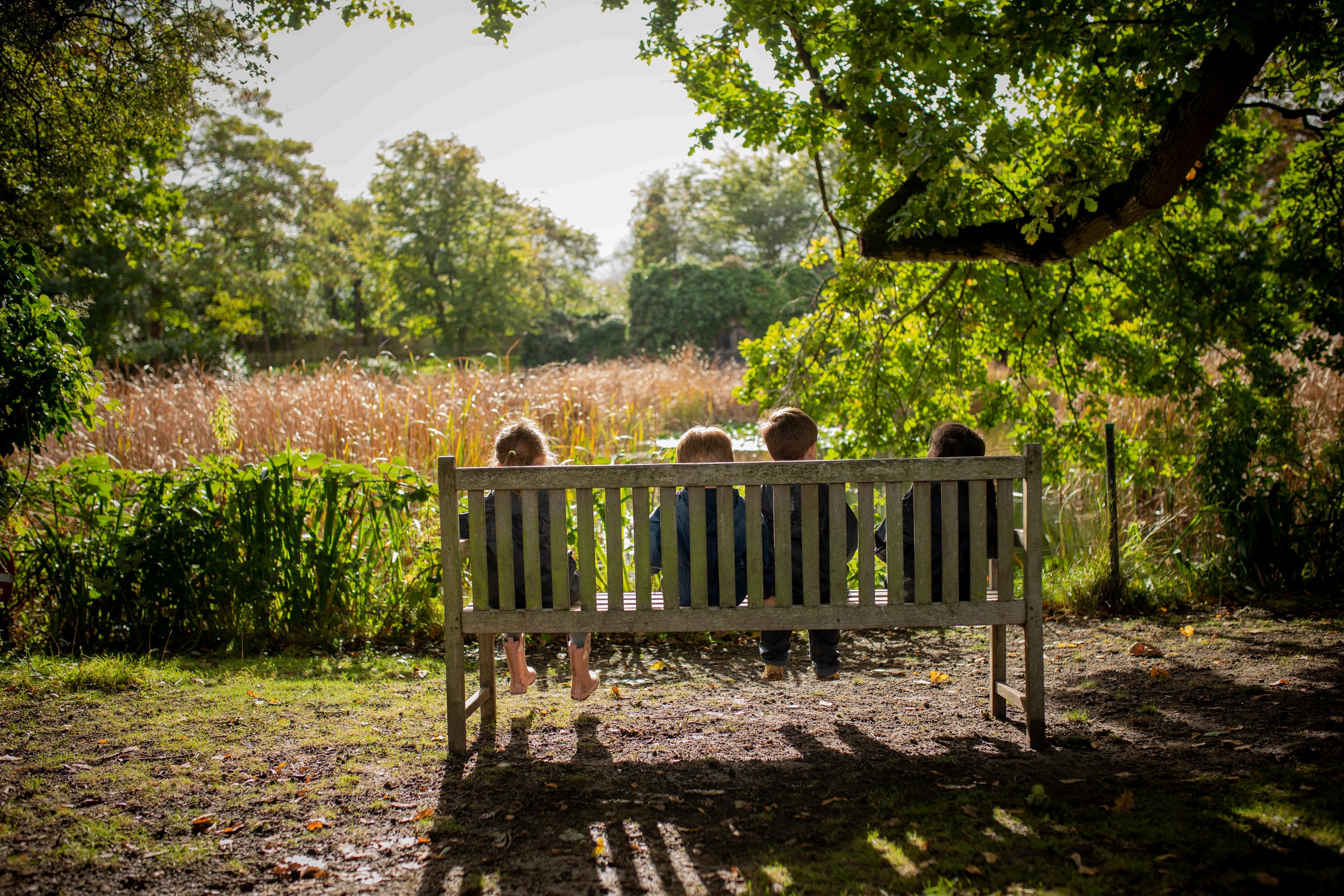

Forest school is the part of our prep curriculum built entirely around outdoor learning At HCH we have the advantage of excellent grounds that we take full advantage of. Throughout Year 1 and Year 2 children develop their confidence, self-esteem and risk-taking skills further through a variety of purposeful and adult led activities. Children will develop a wide range of skills that are cultivated in an outdoor environment, such as bush craft skills, curiosity and care of the natural environment.
Throughout the year there are curriculum links to a range of other discrete subjects where it will enhance the learning science, humanities and creative subjects Having a considerate and safe relationship with the outdoors is really important As such, we will start the year covering being safe around a fire We will then lead to exploring the natural environment focusing on the changes that they see during seasons
Term
Autumn 1
Autumn 2
Spring 1
Spring 2
Summer 1
What are we studying?
Safety in the natural environment and taking safe and supervised risks
Observing the changes in weather and in the natural environment for Autumn and Winter
Celebrate Autumn Harvest and Christmas
Building dens and using tools safely
Celebrate Chinese New Year and harvest from community garden to cook a Chinese meal on the open fire
Celebrate National Birdwatching and make bird feeders for winter birds
Fairytales and stories that link to play in the natural environment
Celebrate National Wildlife Day
Observing new changes in the natural environment coming into Spring and planting
Celebrate World Bee Day
Summer 2 Minibeasts, map making and treasure seeking

Year 1 Curriculum Overview Autumn Term 2024
The pupils will experience the early stages of expertise in a new language through French listening, reading, speaking and writing. Learning will be both crafted around step-by-step skill development as well as an overall immersive environment that fosters fluid and useful expression in a second language.
They will develop pleasure in reading and understanding by learning how to read and discover new sounds [a], [e], [i], [o], [u], [ê] using the Alpha's method. They will apply phonic knowledge and skills as the route to decoding syllables and simple words. During the lesson, the pupils will learn vocabulary about themselves, politeness, instructions, stationery, numbers from 1 to 20, colours, weather and daily routine.
Year 1, will also develop their cultural knowledge by learning about Loup, listening to French stories. Finally, they will hear and watch different authentic audios, videos and sing songs.
Term
Autumn 1
Autumn 2
Spring 1
Spring 2
Summer 1
Summer 2
What are we studying?
We will discover the following new sounds [a], [e], [i]. We will learn vocabulary about themselves, politeness, instructions, stationery. We will also develop their cultural knowledge by learning about Loup, listening to French stories.
We will discover the following new sounds [o], [u], [ê]. We will learn vocabulary about numbers from 1 to 20, colours, weather, daily routine. We will also develop their cultural knowledge by learning about Loup, listening to French stories.
We will discover the following new sounds [s], [l], [p]. We will learn vocabulary about family, pets/animals, house. They will also discover feminine and masculine nouns as well as the French cursive writing. We will also develop their cultural knowledge by learning about Loup, listening to French stories.
We will discover the following new sounds [m], [n], [f]. We will learn vocabulary about the body parts, clothes. We will also develop their cultural knowledge by learning about Loup, listening to French stories.
We will discover the following new sounds [ch], [v], [r]. We will learn vocabulary about emotions, feelings, sickness. They will discover the singular and plural. We will also develop their cultural knowledge by learning about Loup, listening to French stories.
We will discover the following new sounds [b], [t], [j]. We will learn vocabulary about food, drinks, order in a restaurant and breakfast. We will also develop their cultural knowledge by learning about Loup, listening to French stories.

We are excited to introduce a new aspect of our French curriculum to complement our French immersion programme with a Francophonie culture lesson. Learning about Francophonie at school has many benefits for students; It helps them understand and appreciate the cultures, traditions, and histories of French-speaking countries around the world.
This knowledge can make students more open-minded and aware of global diversity, which is important in today's world. It will help them appreciate the richness of the French language beyond France, recognising its influence in places like Canada, Belgium, and various African nations.
This lesson will take place one a week. It is tied deeply to other aspects of the curriculum, looking at French, History, Music for example. Children will discover different aspects of French culture, from literature, to theatre, to music, to cooking and more. We will talk about national events like, Remembrance Day, Pancake Day, Bastille Day, the Fête de la Musique, etc. We will also enjoy French music and dance, learning traditional dances or songs. We will also discover children's literature, movie’s character as Loup, Asterix & Obelix or Tintin & Milou.
This new lesson is there to enrich what we currently have and alongside that it will be a number of event days to allow children to explore this all-new level of French civilisation in a very immersive way.
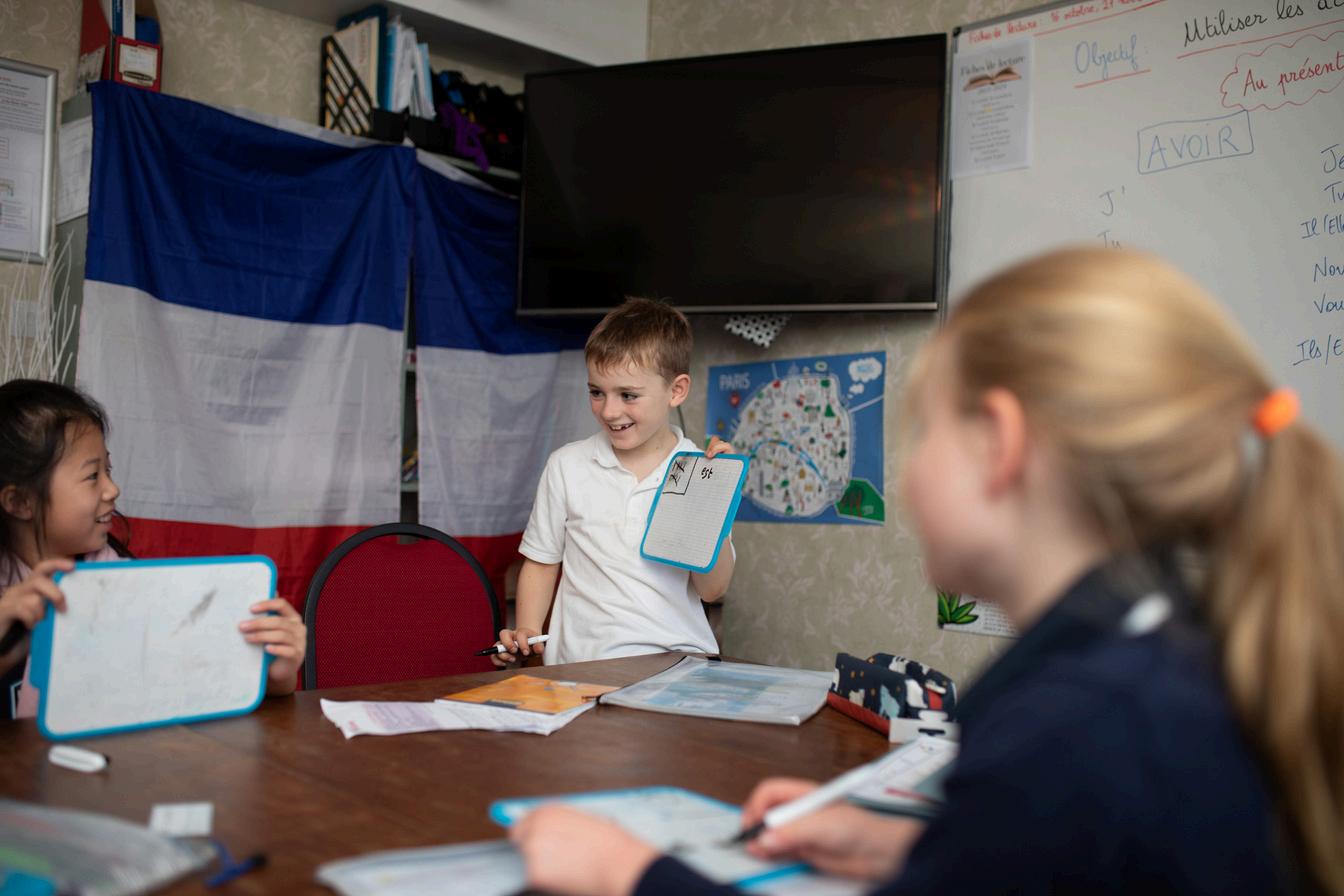
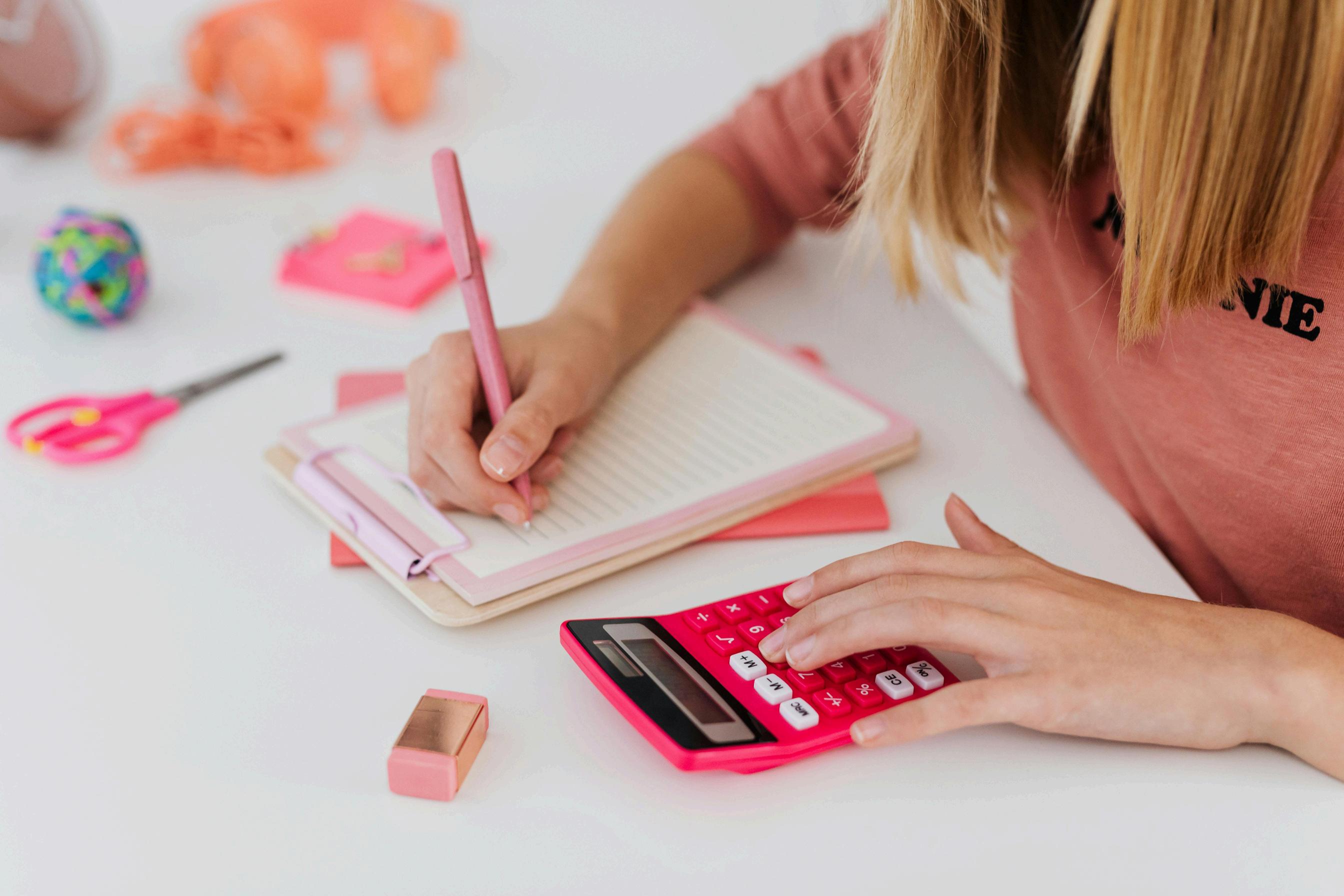

Year 1 Curriculum Overview Autumn Term 2024
The Autumn term will consist of 3 main topics in Maths; Place Value, Addition and Subtraction, and Shape.
Place Value
Counting on from any number
Counting backwards from 10
Comparing and ordering numbers
Addition and Subtraction
Number bonds to 10
Addition of two numbers
Subtraction by crossing out and using a number line
Shape
Recognising and naming 2D and 3D shapes
Sorting shapes
Term
Autumn 1 Place Value Addition and Subtraction
Autumn 2
Addition and Subtraction Shape
What are we studying?
Spring 1 Developing Place Value Consolidation of Addition and Subtraction
Spring 2
Summer 1
Summer 2
Length and Height Mass and Volume
Multiplication and Division Fractions
Position and Direction
Further Place Value Money Time


Organised physical activity is vital to child development, both in terms of strength and growth cognitive, motivational and social skills.
The Year 1 children will focus on the core skills of two invasion games, football and netball. In football, the children will be taught how to perform the core skills to play the game. This will include passing, shooting, dribbling, agility and small sided conditioned games.
They will learn through partner work and work in group activities in their houses. In netball, they will learn the fundamental skills of catching, throwing and movement. Students will be taught the basic positions, how to shoot and the different types of passes they can use in competitive game situations.
Term
Autumn
Spring
Summer
What are we studying?
Football: passing, shooting, dribbling, conditioned games.
Netball: passing, shooting, attack vs defence, positions and conditioned games.
Gymnastics: balances, body shapes, travel, jumps and rolls
Games: balance, coordination, agility, throwing and catching.
Cricket: throwing, catching, batting, bowling and fielding.
Athletics: sack race, long jump, javelin throw, obstacle race, relay, 60m sprint.
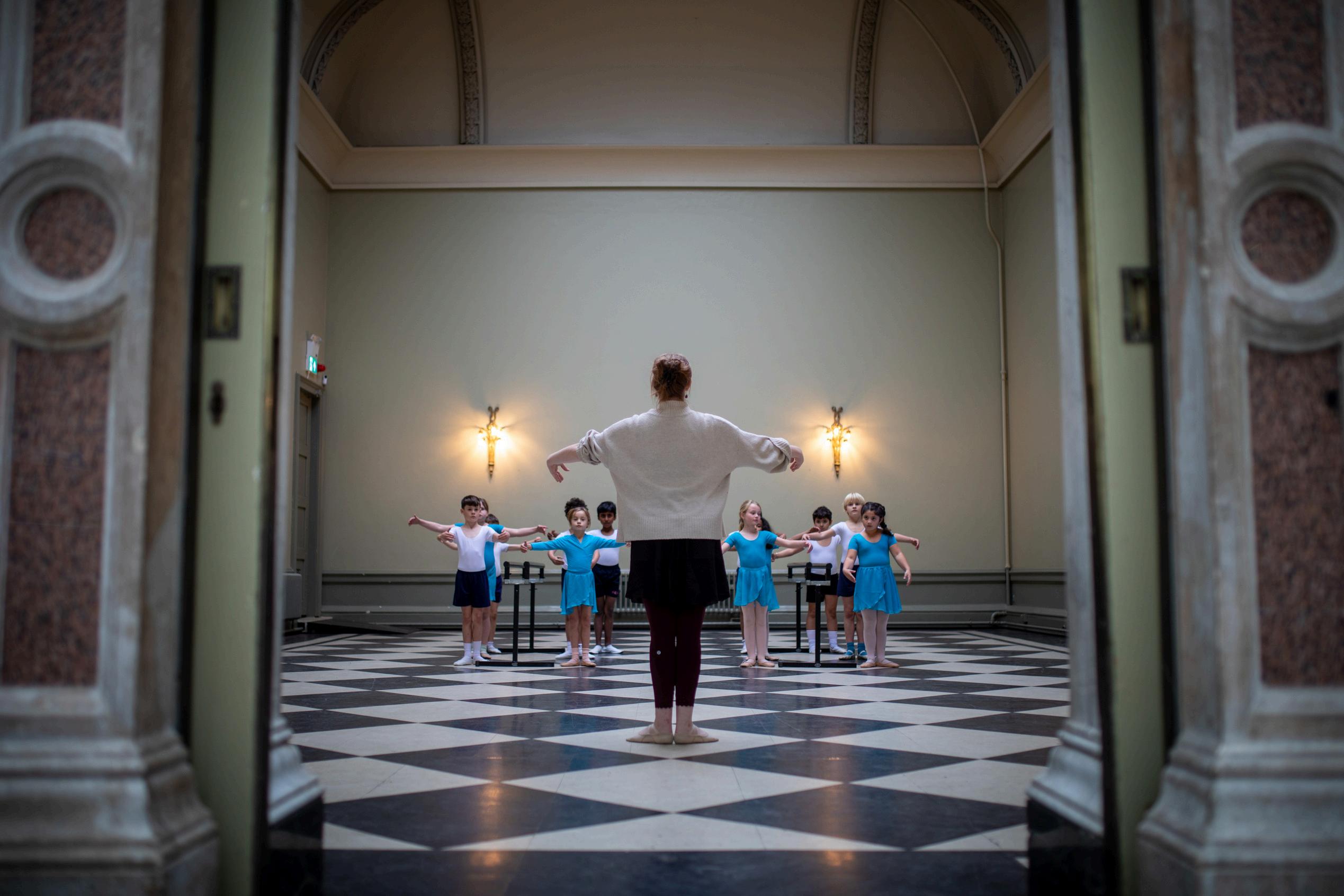

At Hampton Court House, we believe that the performing arts are integral to our school community. Therefore, students will actively participate in various performances throughout the year. These performances form the backbone of our curriculum. We are committed to offering inclusive opportunities that allow every student to showcase their talents.
In our lessons, to prepare for these performances students will focus on developing spatial awareness, musicality, vocal, physical, and character skills to enhance their performance abilities. They will learn stage craft and understand how to engage an audience.
Additionally, we place a strong emphasis on collaborative and creative skills, which are essential for every child's growth. Our classes incorporate engaging games and activities designed to foster teamwork, improve peer interaction, and develop the ability to follow directions. Students are encouraged to contribute creative suggestions through music, movement, and dialogue, ensuring a well-rounded arts education at Hampton Court House.
We begin the year by preparing for our Christmas show, themed around "The Nutcracker." Year 1 students will focus on developing their ballet skills, alongside incorporating singing into their performance.
In Year 1, Drama will be taught in French, enhancing language skills through theatrical expression. By the Easter term, students will have the opportunity to showcase their talents in a dedicated showcase event.
Throughout the year, there will also be numerous recitals and concerts, providing students with platforms to display their musical abilities and talent.
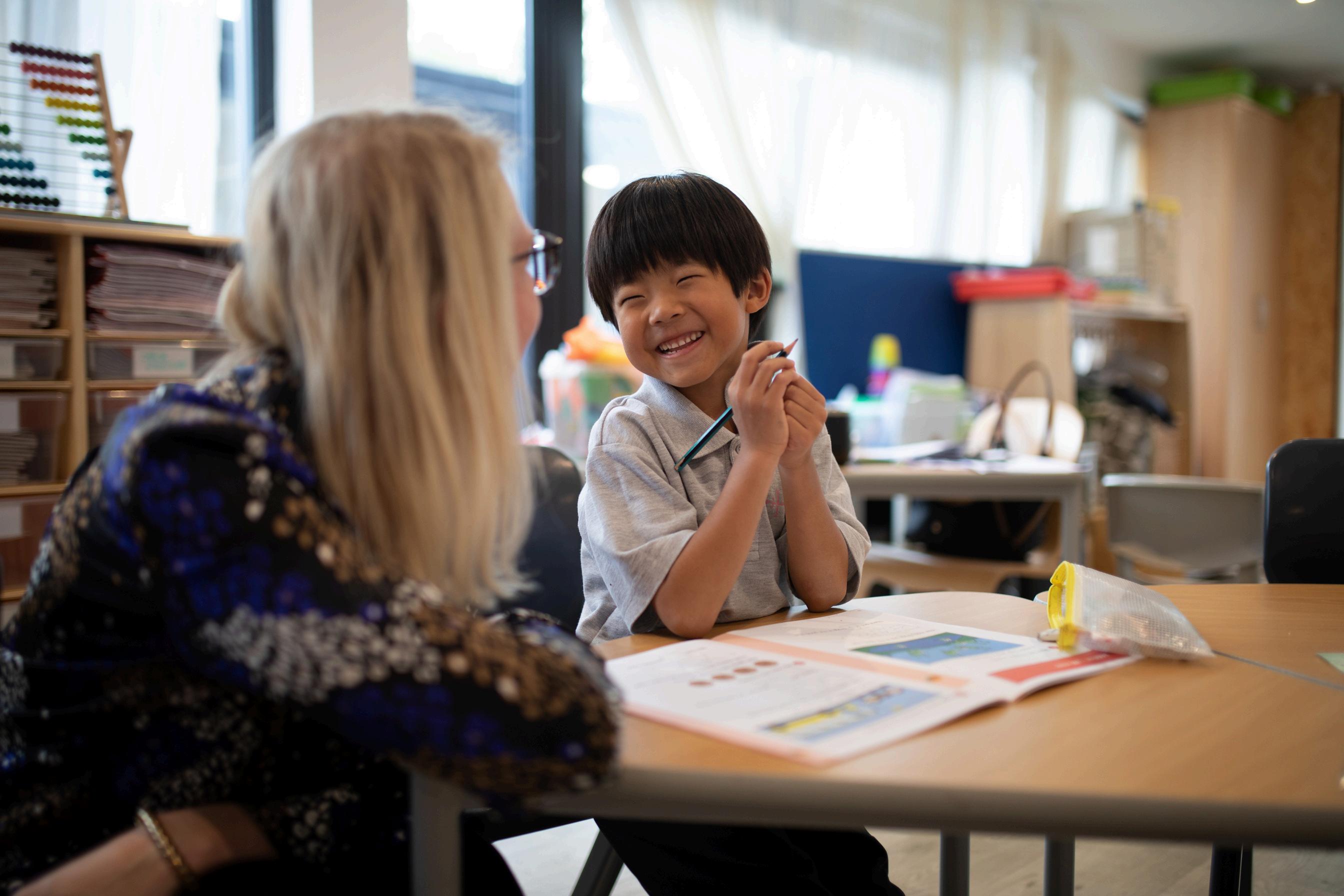

We begin PSHE across the Prep school by exploring the topic ‘Being Me in My World’.
We will begin by thinking about ensuring we feel special and safe in our class and understand that we belong here. We will then think about our rights and responsibilities in the classroom and feeling proud of our achievements. In the second half term our topic is ‘Celebrating Difference’. We will look at ways we are similar and different from our friends, moving on to think about how it might feel to be bullied and how to be kind to someone who has been bullied. We will also ensure the children know who to speak to if they are feeling unhappy.
We aim to make all PSHE sessions as relevant to the students and their current needs and concerns, therefore out content is changeable, and suggestions and feedback are welcome at any time from students and parents.
How it will be assessed
PSHE lessons are predominantly discussion based, with some written tasks for deeper comprehension and application. At the end of each lesson, the students will complete self-reflection sheets for teachers to monitor understanding and adapt future teaching. Teachers keep track of the students’ levels and understanding of the different elements of PSHE across the year.
What are we studying?
Being Me in my World
Feeling special and safe My class
Autumn 1
Autumn 2
Rights and responsibilities
Rewards and feeling proud Consequences
Relationships
Families Making friends
Spring 1
Summer 1
Greetings People who help us
Being my own best friend
Healthy Me
Being healthy
Healthy choices
Clean and healthy
Medicine safety Road safety
Spring 2
What are we studying?
Celebrating Difference
Similarities and differences
What is bullying?
What do I do about bullying? Making new friends
Changing Me
Life cycles My changing body
Boys’ and girls’ bodies
Coping with changes
Dreams and Goals
Steps to goals
Summer 2
Achieving together
Having a positive attitude
Overcoming obstacles
